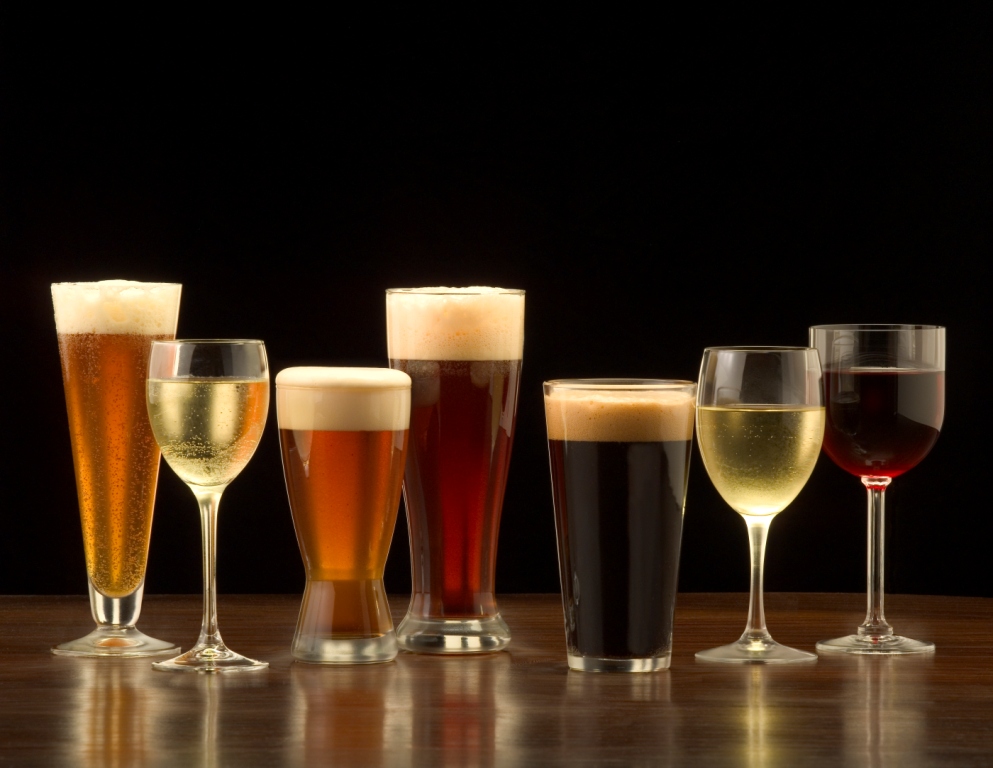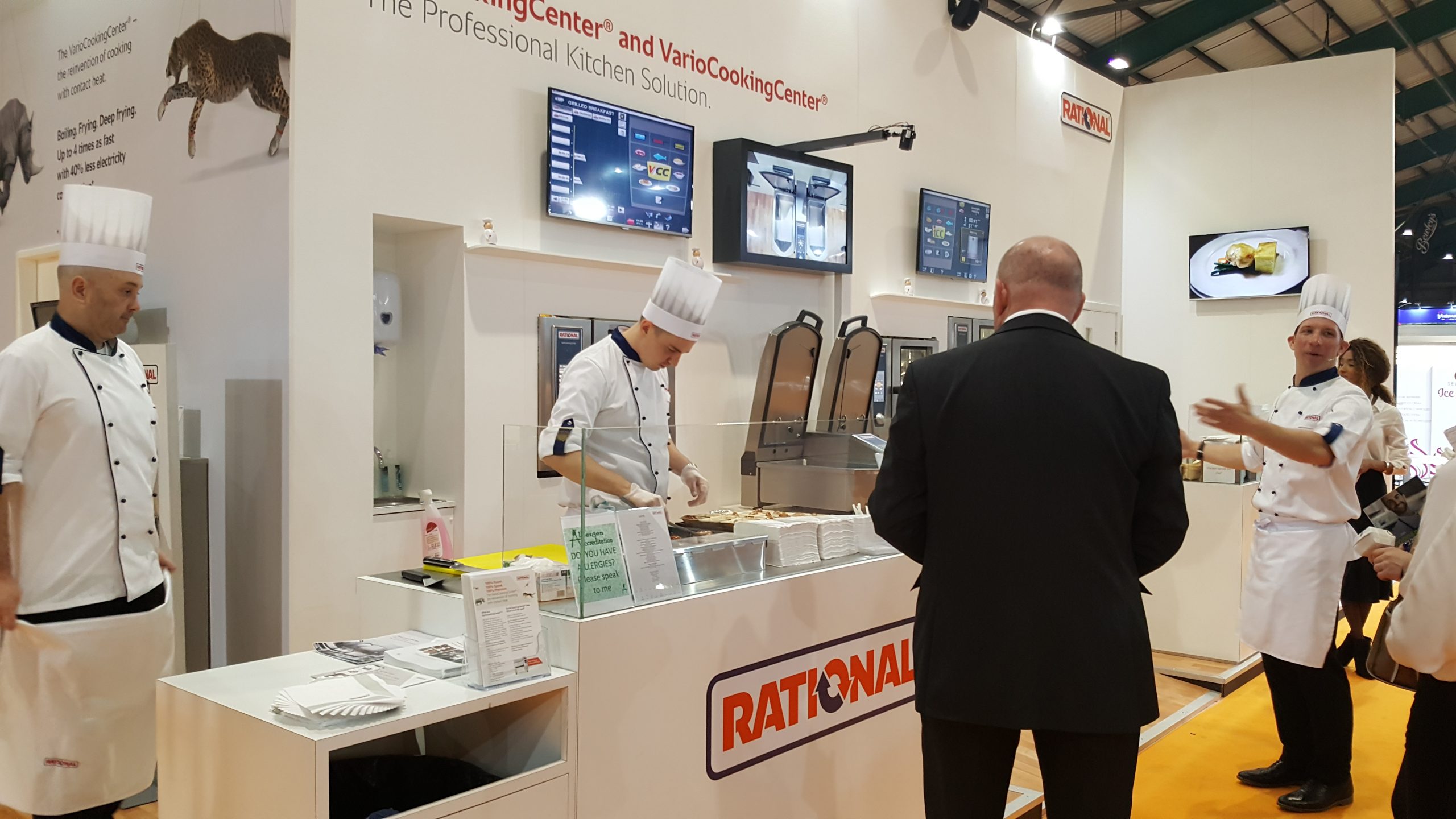How The Irish Purchase Alcohol Today.
The purchase and sale of alcohol has been a subject of much debate in Ireland for a long time. Changes to licensing hours, staggering closing times – over the years there’s been significant debate about multiple aspects of how we regulate our drinking, to say nothing of the annual discussion every budget day on what’s happened to the price of a pint. The Irish relationship with alcohol isn’t without controversy or something that the entire populace wholeheartedly embrace, but once upon a time it did, at least, seem unshakable. The Irish Pub was one of our most important tourist attractions, with even visiting foreign dignitaries making the obligatory stop-off for a photo shoot in some small hostelry or other. Against that background there’s a startling statistic, however – that over the past decade, 2,000 Irish pubs have closed (found here). The media will tell you that people’s drinking habits have changed – that people are more likely to stay home later with less expensive off-licence booze before heading out for a brief visit to a pub late in the evening (or possibly even bi-passing the pub completely for a more lively nightclub). It’s our business to know what people are buying, and how they’re buying it, so we asked some people exactly what they’re experience of purchasing alcohol is.
We surveyed people across a wide age range, asking where they most regularly purchase alcohol. Overall, by far the most popular type of vendor was the supermarket, with 75.65% of all respondents claiming that that was where they most commonly purchased alcohol. Among our respondents, the next most popular establishment for purchasing alcohol was the off licence, but it was a distant, distant second, representing only 13.04% of alcohol purchases. This stayed remarkably consistent right across the age ranges, also. Supermarkets were at their most popular among the age range 25-34 (92.86% of purchases made there), but it remained the most popular right throughout the survey until we reached the over 75 age group, where they were only 50% of respondents first choice vendor – obviously 50% still accounts for a huge proportion of sales.
When we asked about the factors affecting their purchasing of alcohol, again the responses were remarkably consistent right throughout the age ranges. The first may be the most obvious – cost. Overall 60% exactly of our respondents felt cost was the most important factor in the purchasing of alcohol. This tallies quite well with the previous finding – obviously the buying power of supermarkets make them one of the cheapest places from which to purchase alcohol. Again, there was remarkable consistency throughout our age ranges. Cost was overwhelmingly the single most important factor for all age groups (64.29% of 25-34s felt it the most important factor, 72.73% of 35-44s) with the single exception, once again, of the over 75s, where it tied with branding as joint most important. By the time you reach 75, you know what brands you like, apparently.
A possible response worth considering (especially related to the issue of cost) is that 6.96% of our respondents mentioned that they bought their alcohol in Northern Ireland or abroad. This may be an extreme example of cost-saving, but it does represent a small but significant number of people willing to travel, and finding it worth the cost. This would obviously be most significant for traders in border regions, but it also marks the rise in the phenomenon of people hopping on a ferry to France with an empty car or small van, loading it up with booze and being sorted for a year. Ultimately, everything underlines the pre-eminence of cost in the decision-making process.
For alcohol retailers, the absolute concreteness of these responses may make for grim reading – by far and away the most important factor for people in purchasing alcohol is the price, what might have seemed inconceivable a generation ago – that Irish people would abandon the pub for cheaper alcohol elsewhere – seems to have come to pass. The only real light at the end of this tunnel is that overall the second most important factor in choosing a place to buy alcohol is the variety. At 22.61% of respondents choosing it, it’s a distant second to the 60% who chose cost, but it’s a significant number just the same. It seems the best way for off-licences (and pubs, in fact) to compete with the big supermarkets in the sale of alcohol is to offer their customers options that they wouldn’t get anywhere else. That means craft beers and micro-breweries, unusual imports etc. It’s not a way of by-passing the fundamental importance of cost in this process, but it’s certainly a way to meet what is an important need of a very significant number of potential customers.





